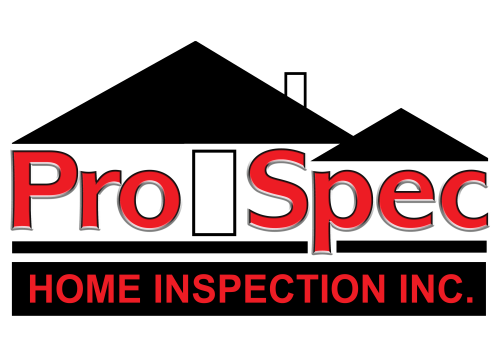Title: How to Choose a Home Inspector in Buffalo, NY – Insights from a Veteran in the Field
When you’re buying a home in Buffalo, NY, whether it’s your first house in North Buffalo, a Victorian in Elmwood Village, or a fixer-upper in South Buffalo, one thing is certain: choosing the right home inspector can make or break your investment.
As someone who’s been inspecting homes across Western New York for over 23 years, I’ve walked through thousands of basements, attics, and everything in between. I’ve seen what happens when buyers rush the inspection process or don’t know what to look for in a qualified inspector. So here’s my professional, no-nonsense guide to choosing the best home inspector for your situation.
1. Check for New York State Licensing (and Then Dig Deeper)
In New York, home inspectors are required to be licensed by the state. That’s a good start, but it’s the bare minimum.
Ask how long they’ve been licensed, and how many inspections they’ve done. Experience matters—Buffalo has a lot of older homes with unique issues like knob-and-tube wiring, rubble stone foundations, and ice damming from lake-effect snow. You want someone who’s seen it, not just read about it.
2. Look for Local Knowledge of Buffalo’s Housing Stock
A good Buffalo home inspector should understand the quirks of local architecture and climate. A 1900s Buffalo home behaves very differently than a 1980s build in the suburbs. You can miss signs of long-term moisture intrusion just because you are not familiar with brick-and-lathe walls or older basement systems.
Ask: “How familiar are you with Buffalo’s older housing stock?” or “How many homes have you inspected?” Their answer will tell you a lot.
3. Report
Every home inspector should provide you with a clear, detailed report after the inspection. You want a report that includes:
- Color photos of the property
- Clear, jargon-free descriptions
- Specific recommendations
- A summary page with major concerns highlighted
4. Find Out What Tools They Use
While your inspector’s brain is their most important tool, a solid professional should be equipped with:
- Electrical testers
- Camera
- Ladder
- Binoculars
If they’re still showing up with just a flashlight and clipboard, they’re behind the times.
5. Check Reviews and website.
Don’t just rely on the handful of testimonials on their website. Look for third-party reviews on sights such as Google. Look at the company website for information about the inspector. Don’t be afraid to ask questions.
6. Clarify What’s Included (and What’s Not)
A standard home inspection covers a lot—but not everything. Most home inspectors don’t inspect:
- Septic systems
- Wells
- Pools/hot tubs
Additional inspections can be added:
- Radon testing
- Wood-destroying insect infestation
- Infrared scanning
- Mold testing
If you need those, your inspector should either offer them as add-ons or connect you with trusted specialists.
7. Trust Your Gut
Lastly, when you talk to a potential inspector, pay attention to how they communicate. Are they patient with your questions? Do they speak clearly and confidently? Do they seem genuinely interested in helping you understand the home, not just rushing to the next job?
Your inspector should be your ally in this process. If they’re not approachable, it’s a red flag.
Final Thoughts
Buying a home is probably the biggest financial decision you’ll make—and in Buffalo, where homes can have character and problems, your home inspector is your first line of defense. Choose someone who knows the city, respects your investment, and communicates clearly and honestly.
As a veteran home inspector, I can tell you: the right inspection doesn’t just protect your wallet. It gives you peace of mind
